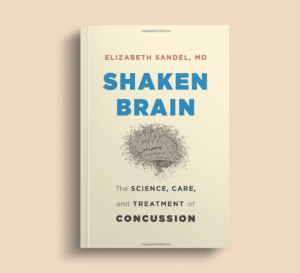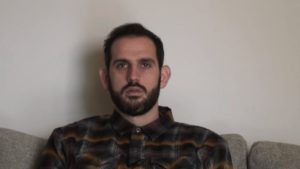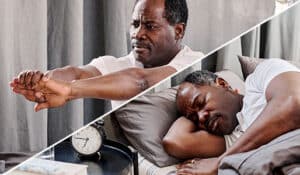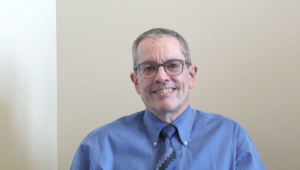Three Alternative Treatment Modalities to Ease Brain Injury Associated Symptoms
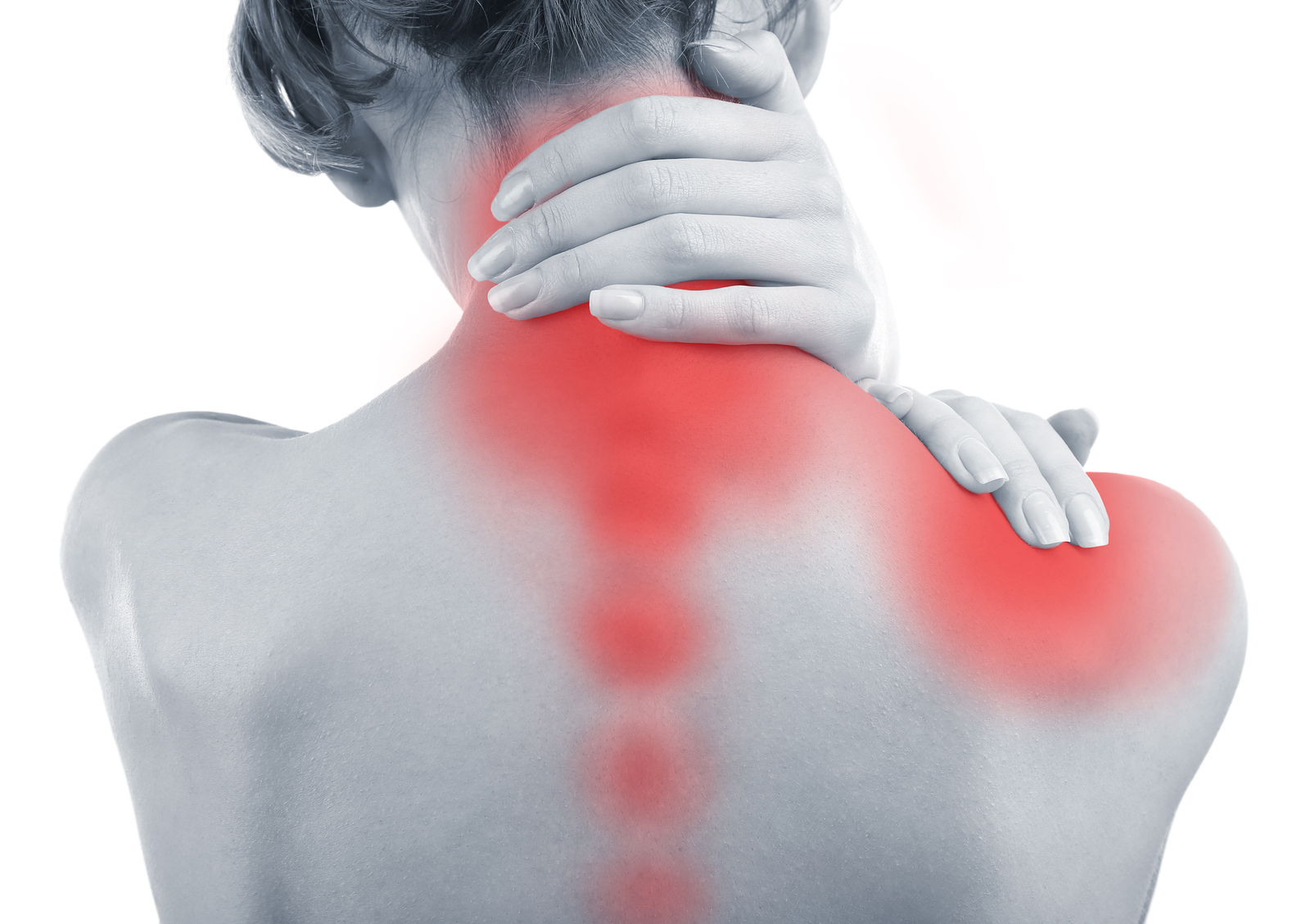
In this blog post I discuss three alternative healing modalities that have been shown to be effective for some patients with the more common physical symptoms associated with TBI who want to avoid taking pain medications or for whom pain medications and treatment by a licensed physical therapist are not effective. All three are generally very safe and have a large body of medical and scholarly literature backing up their effectiveness. I’ve included links to the National Center for Complementary and Integrative Health, which is part of the US Department of Health and Human Services, so you can find out more.
Please speak with your medical doctor(s) and learn as much as you can before you begin any medical or alternative medical treatment. I do not recommend that you begin using any treatments without learning how they fit (or don’t) with your current treatment plan for medical conditions or injuries you may have. This blog is intended only to provide some preliminary information and to let you know that there may be a variety of approaches to treating physical symptoms. Please also remember that although one kind of alternative treatment may work for other patients, it might not work for you. We just don’t know enough at this point about these treatment modalities to be sure.
Alternative Health Modalities
I generally recommend mental rest, gentle exercises, and avoidance of screens (computers, phones, TVs) in the weeks immediately following a concussion. This can speed your recovery. However, if you experience persisting physical symptoms such as headaches or neck and back pain, it may be time to consider one or more of the following therapies. Of course, this is after your physician diagnoses the problem and agrees with the treatment plan:
Massage therapists manipulate the muscles and soft tissue of the body with their hands to provide relief and relaxation. Massage therapy may be effective at treating:
- Symptoms of depression
- Chronic neck pain
- Chronic low back pain
Some people believe that massage therapy can ease headaches including migraines. However, the NCCIH does not yet support that statement with scientific evidence, saying only that clinical trials are “preliminary and somewhat promising.” There are different types of massage therapy, so discuss the options with your physician first.
Chiropractors typically manipulate the spine to address health problems. The chiropractor is one of the healthcare professionals who treat painful conditions, and chiropractic treatments may be effective at treating these symptoms:
- Back pain
- Migraine headaches
- Neck-related headaches
- Neck pain
- Whiplash-related pain
If you have had a concussion or more serious brain injury, it is very important that you first seek care from a medical doctor such as a physiatrist (physical medicine and rehabilitation medicine specialist) or other physician qualified to evaluate the safety of interventions that involve manipulation of the neck or back.
Acupuncturists address health concerns by placing very thin needles into the skin. Acupuncture may be effective at treating these symptoms:
- Low back pain
- Neck pain
- Headache
Addressing the Physical to Address the Emotional
Symptoms experienced after a TBI are “very convoluted”, says Seth Fischer, a med school student in an interview for my website. He experienced firsthand the complex nature of TBI symptoms after a traumatic bicycle accident a few years ago that left him with headaches, neck pain, blurry vision, memory problems, and other symptoms more for over a year. One point he made in the interview is that he experienced these physical, emotional, and mental symptoms, and that it was sometimes difficult or impossible to tell where they stemmed from or what to do about treating them.
By taking care of one symptom, you may help others. For instance, ridding yourself of chronic neck pain or chronic headaches not just relieves you of the physical pain, but may improve your ability to concentrate and your mood, too. If you’re on the long road of recovery after a concussion or traumatic brain injury talk with your physician about the lasting physical symptoms to find relief and continue your journey of recovery.
You Might Also Like
A Follow-Up Interview with Dr. Seth Fischer
Dr. Seth Fischer talks about his concussion recovery, his chronic symptoms, and insurance and legal issues he has faced. This is the second of two interviews. In the previous interview, Dr. Fischer tells the story of a bicycle-car crash that resulted in his having headaches and other chronic symptoms from…
3 Things to Do to Allow Your Brain to Recover More Quickly After Brain Injury
After a concussion, people need good sleep patterns, and they also need to resume activity and exercise to aid recovery. Activities with concussion risk should be avoided, however.
Comprehensive Care of Concussions
Dr. Richard Delmonico, a neuropsychologist, outlines the approaches to triage and treatment in a concussion clinic in the Northern California Kaiser Permanente health system. He also discusses the uses of neuropsychological testing to help with diagnosis and management of people with concussions and other brain injuries.
Keep up to date
Get updates on the latest in concussion, brain health, and science-related tools from Dr. Elizabeth Sandel, M.D.
By clicking SIGN UP, you agree to receive emails from Dr. Sandel and agree to our terms of use and privacy policy.
Get the book!
